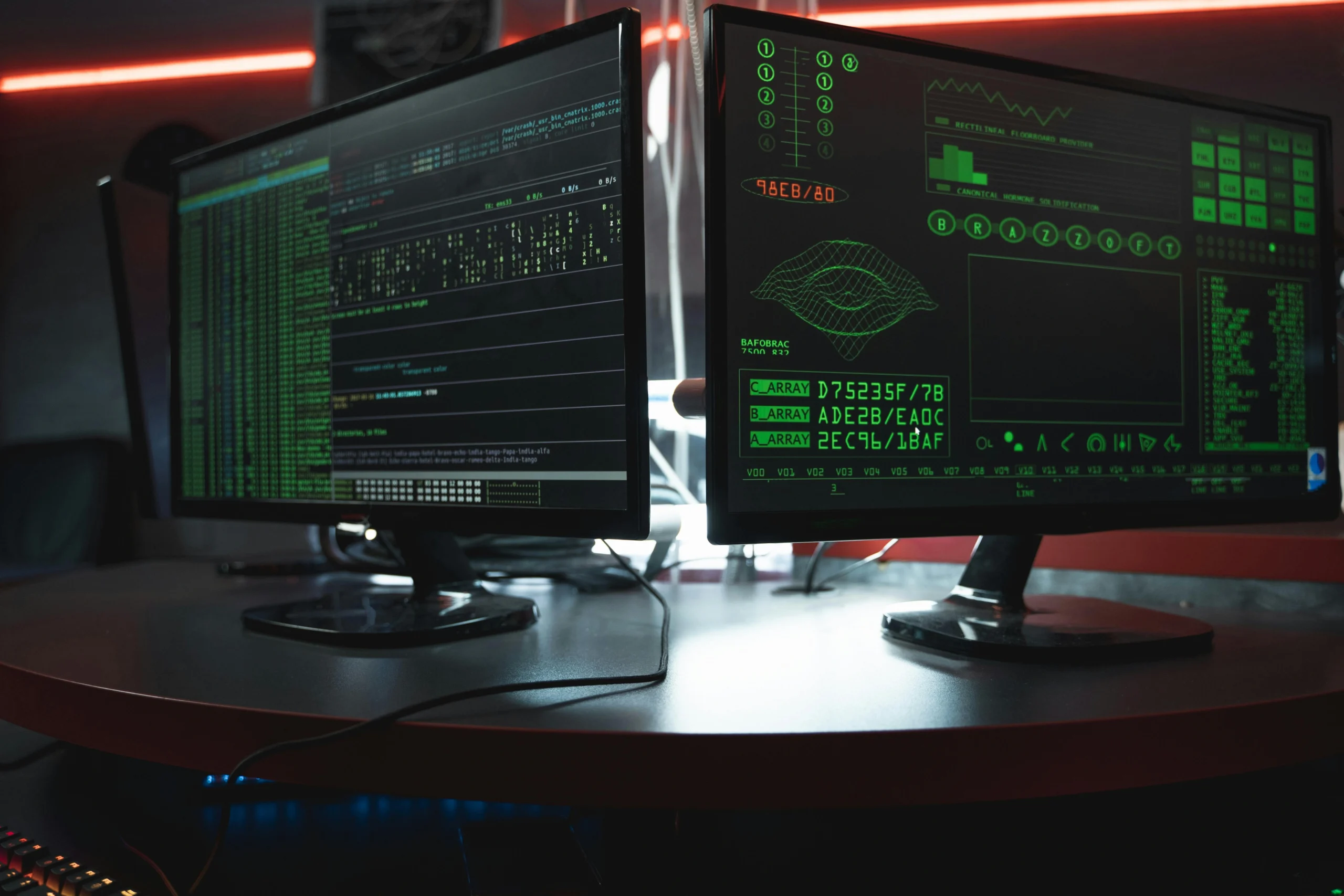The rise of agentic AI signifies a transformational era for SaaS and partner ecosystems, evolving from conventional application integrations to autonomous ecosystems driven by intelligent agents. As organizations embrace this change, they face the challenge of rethinking their business models, security architectures, and integration strategies. Bain and Company’s research indicates that traditional SaaS business models are under threat while new opportunities for automation and efficiency arise.
Increasing transaction volumes and the complexity of operations necessitate re-evaluating laid-down architectural standards, leading to a demand for more resilient and intelligent systems. This evolution brings forward interoperability as the new frontier, where standardized communication protocols and ontologies will define competitive advantages. With AI’s ability to automate interactions, organizations must be cautious of the associated cybersecurity risks, where expanded attack surfaces pose significant threats to data security and integrity.
Understanding the implications of agentic AI on workflows and transactions becomes crucial for organizations aiming to leverage its benefits while minimizing risks. Proactive investment in security and innovative architecture will be essential for leadership in this competitive landscape. The emergence of intelligent ecosystems rooted in agentic AI not only requires strategic foresight but also a systemic approach towards managing inherent operational complexities and security vulnerabilities.
👉 Pročitaj original: CIO Magazine








